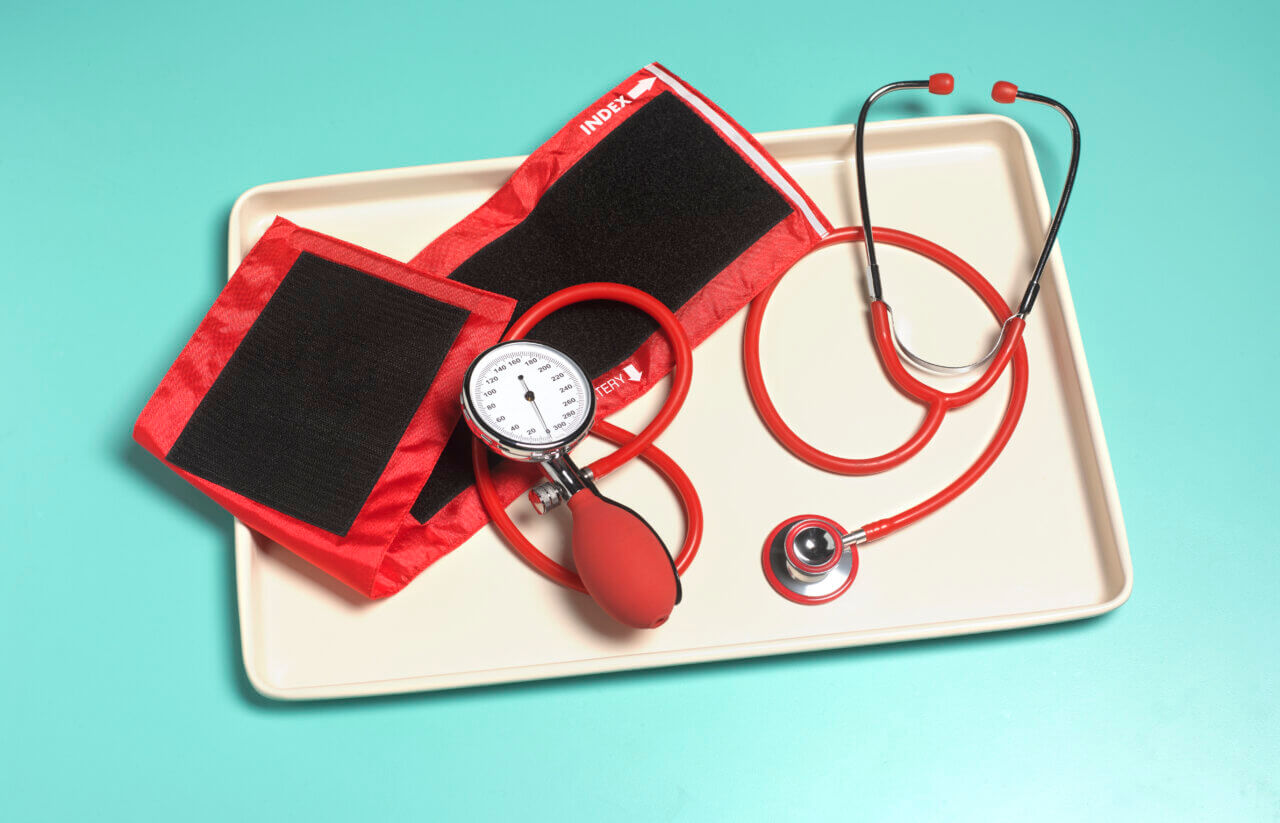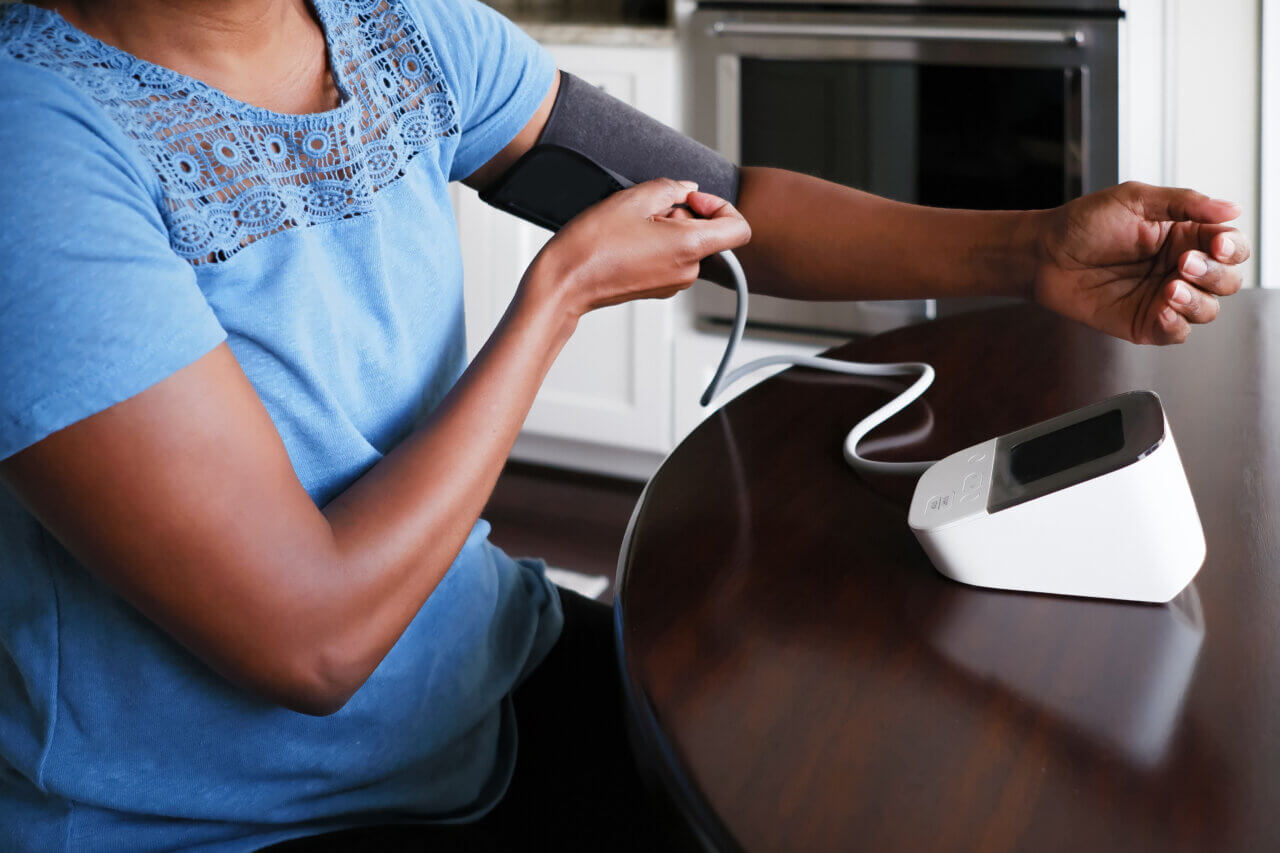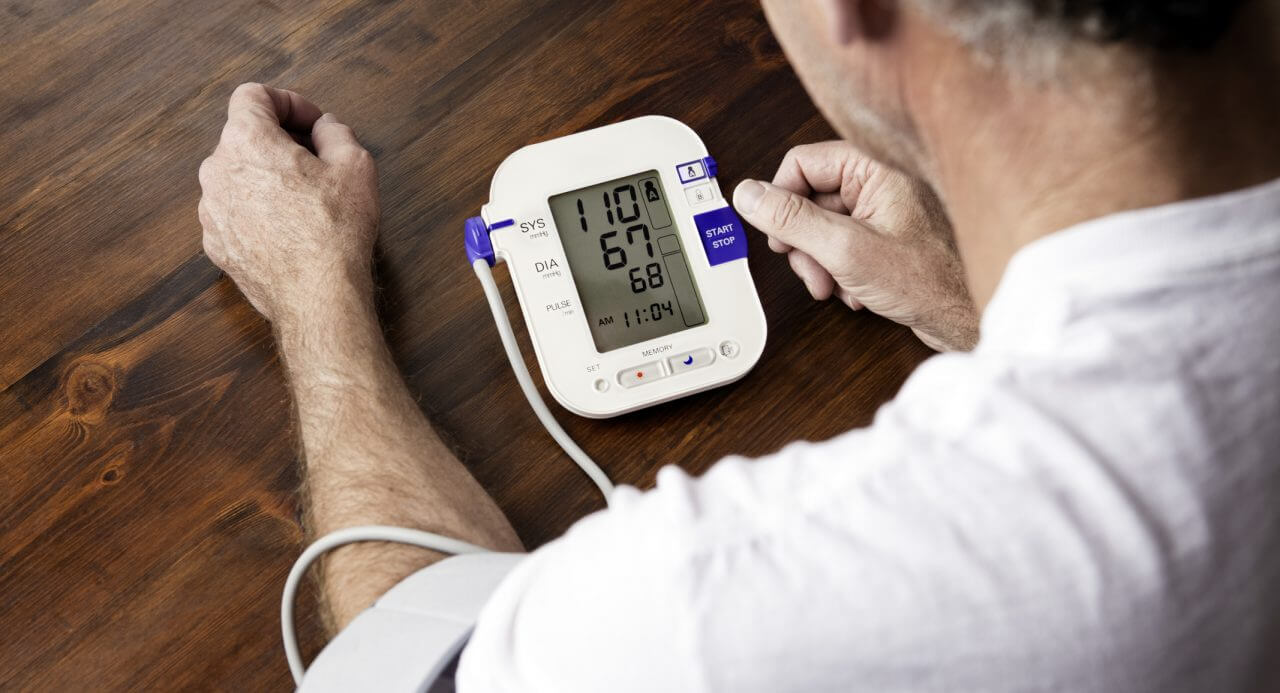Blood Pressure and Heart Rate

Two “vital signs” doctors use to assess health are blood pressure and heart rate. A doctor or nurse will typically check your blood pressure and pulse as part of a physical exam, before medical procedures, etc.
What’s the difference between heart rate and blood pressure? We explain below.
Understanding Blood Pressure
Blood pressure measures the force your blood exerts against the walls of your blood vessels as it moves through them. A blood pressure reading consists of two numbers, like 118/79 (read as “118 over 79”). The top or systolic number is the pressure exerted as your heart beats, whereas the bottom or diastolic number is the pressure between beats.
Keeping your blood pressure within a specified range for your age and gender is important. If your blood pressure is too high, it can damage your blood vessels, heart, brain, and other organs. If it’s too low, you may not get enough blood flow to critical organs and areas, including your brain.
What the “right” blood pressure is for you personally is based on many factors and is subject to change if appropriate based on the latest medical studies. But to give you an idea of approximately where you should be, doctors have historically referred to 120/80 as “normal.” More recent advice calls for readings slightly lower than that.
Understanding Heart Rate
Your heart rate, also called your pulse, is the number of times your heart beats in one minute while resting. Here again, normal heart rate varies from person to person based on fitness level, medication use, etc. But most people fall within 60 to 100 beats per minute.
Things like exercising or being frightened can temporarily increase your heart rate. As long as it doesn’t go too high, that’s normal. When you complete your workout or realize that you aren’t in danger, your heart rate returns to its baseline.
Does Your Heart Rate Affect Your Blood Pressure?
Your heart rate and blood pressure are controlled independently and have different tolerances for increases and decreases. For example, a person’s heart rate may be able to double (such as during exercise) without causing harm, but the acceptable range for blood pressure is much narrower.
Despite this independence, blood pressure and heart rate can affect each other. That’s especially true when they are particularly high or low.
For example, if your heart rate gets too high, your blood pressure typically drops. That’s because your heart is beating so rapidly that it can’t fill with blood properly between beats, and an inadequate amount of blood is pumped through your vessels.
Or when your blood pressure is extremely low (such as when you’re in shock), your heart rate may increase significantly. It does this because your body is trying to compensate for the low pressure and keep blood moving to where it’s needed.
Ultimately, understanding the factors that affect your blood pressure and heart rate — and how they affect one another — is important. It can help you determine if changes in them in a given situation are normal or unexpected, so you can decide whether all is well or your need to seek medical attention.
Of course, if you’re ever unsure what’s causing a significant change in your blood pressure, heart rate, or both, you should contact your doctor.
Learn More About Blood Pressure and Heart Rate from Baptist Health
The information on our website about various health factors and conditions can be very helpful if you have health-related questions. Your doctor is also happy to answer them.
If you don’t have a Baptist Health physician, you can find one using our online provider directory.



